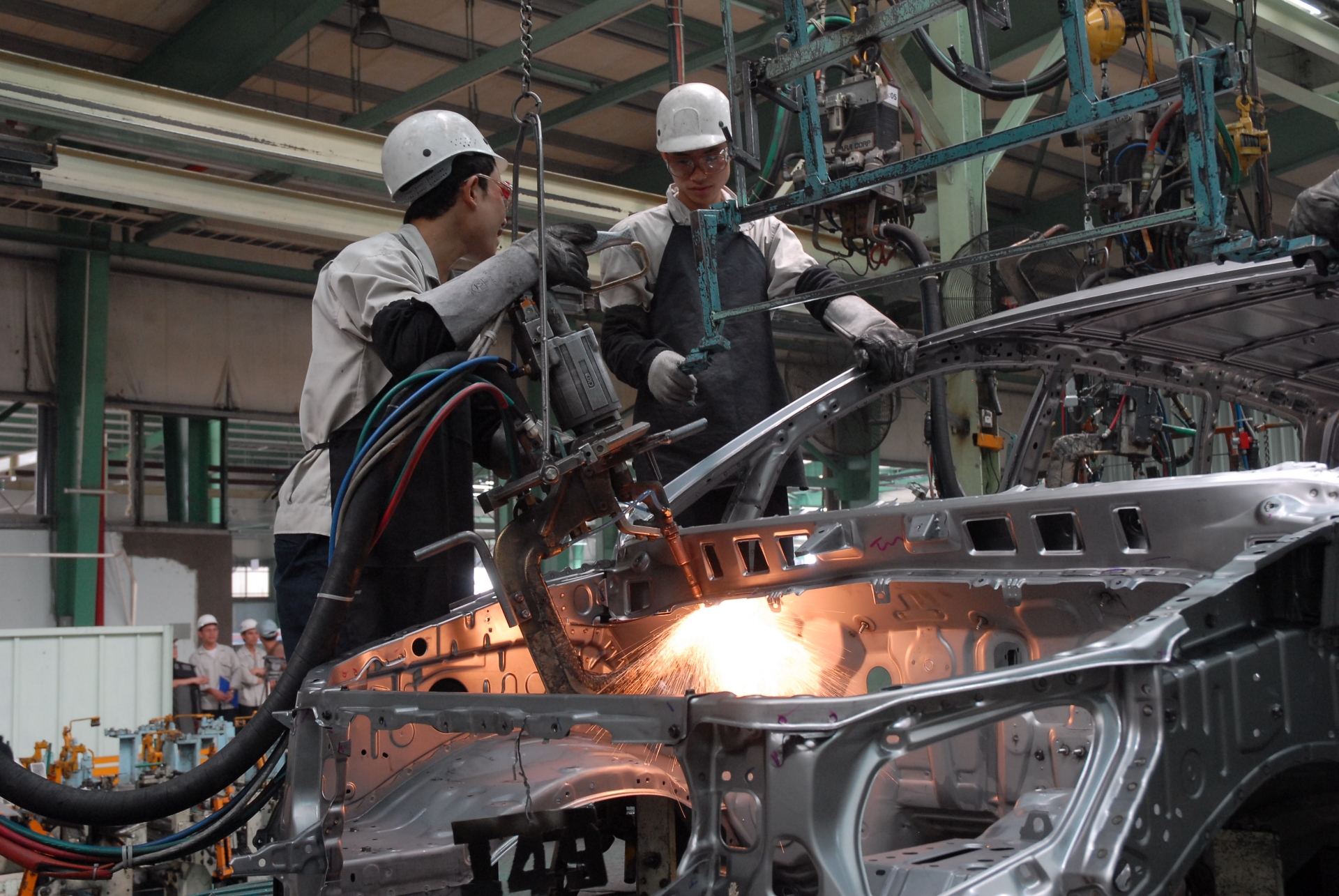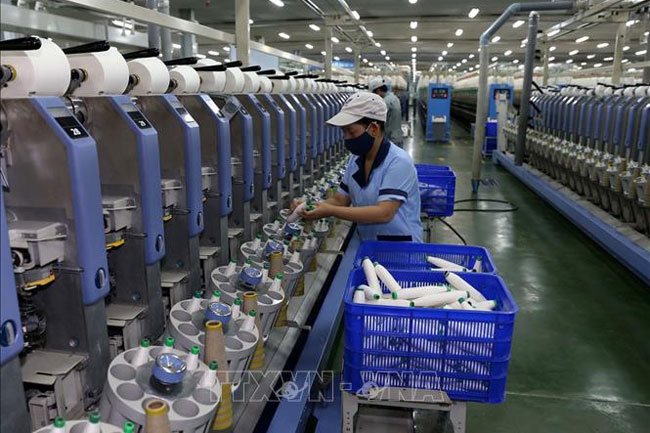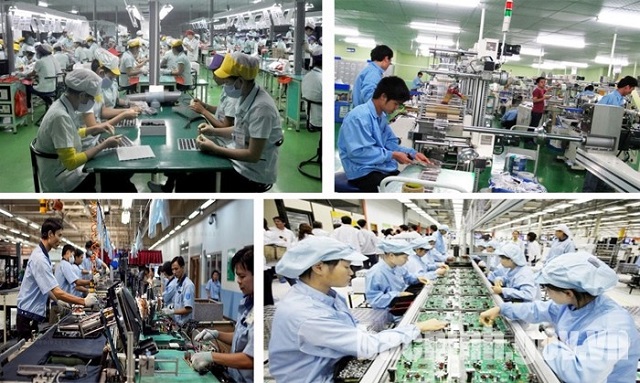Saudi Arabia offers Vietnam gateway to Middle East markets
(VEN) - The complementary import, export structures of Vietnam and Saudi Arabia will create opportunities for Vietnam to diversify exports to Saudi Arabia in particular and the Middle East in general.
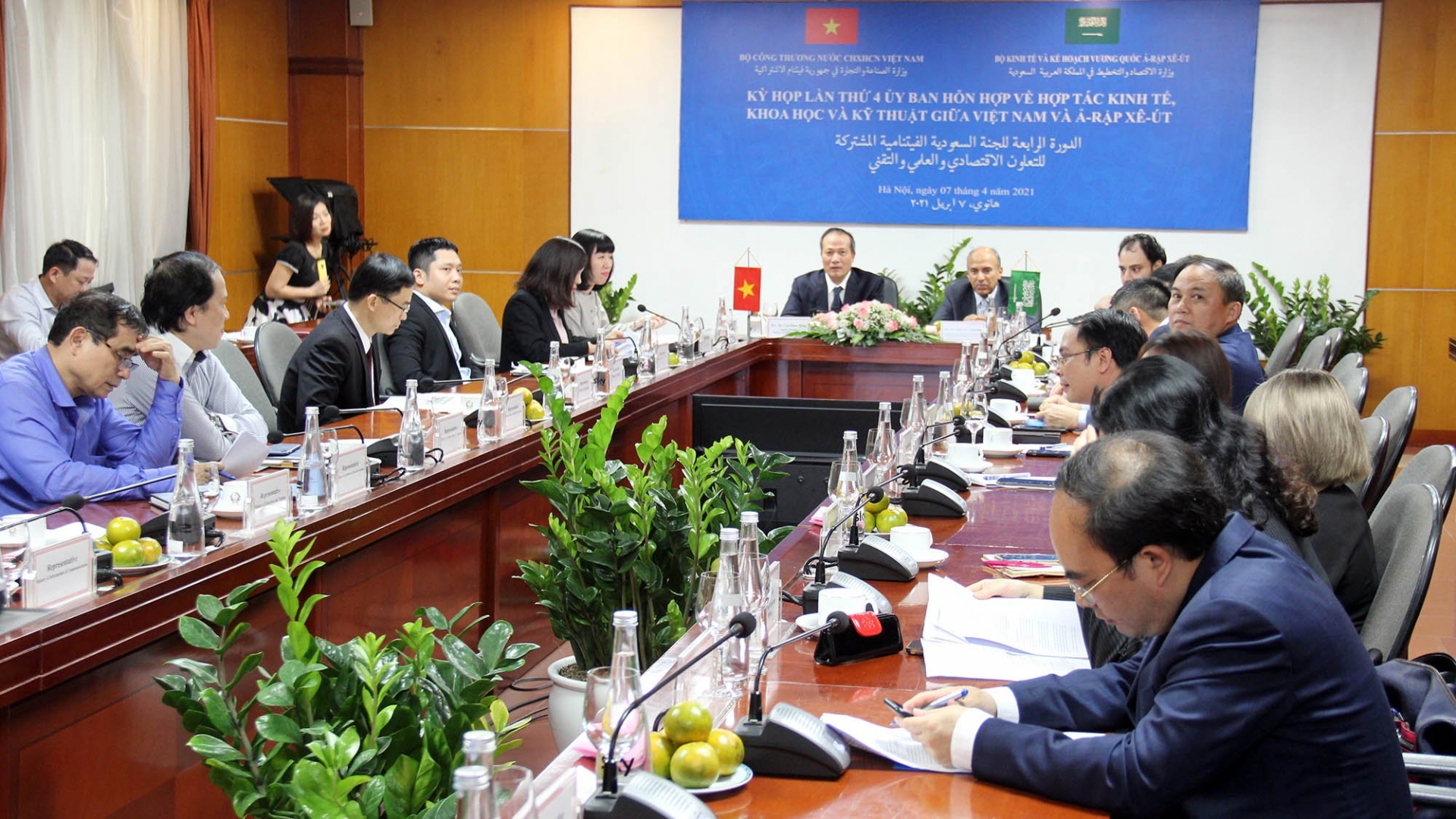
Room for trade growth
Saudi Arabia is a large market and an important partner of Vietnam in the Middle East region. In recent years, cooperation between the two countries has yielded encouraging results, especially in the field of economics and trade.
Bilateral trade has grown rapidly and reached a record US$1.87 billion by 2014. Following decreases in 2015 and 2016, the index resumed its growth and reached US$1.7 billion in 2017, and more than US$1.8 billion in 2018. In 2020, despite the impact of the Covid-19 pandemic, bilateral trade reached US$1.6 billion. Growth was recorded for most kinds of Vietnamese exports to Saudi Arabia. For example, the export of agricultural and aquatic products was up 11.9 percent compared with 2019; fruit and vegetables up 42.3 percent; cashews up 10.2 percent; and rice up 12.5 percent.
According to the Asia-Africa Market Department of the Ministry of Industry and Trade (MoIT), the import, export structures of Vietnam and Saudi Arabia are complementary; major Vietnamese exports to Saudi Arabia include mobile phones, textiles and garments, computers, electronic products and components, footwear, timber and wood products, cashews, pepper, seafood, fruit and vegetables. Vietnam imports from Saudi Arabia plastic materials, liquefied petroleum gas (LPG), chemicals and chemical products, fertilizers among others.
However, Vietnam’s imports from Saudi Arabia are higher than its exports to this market, due to the high demand for plastic materials, LPG and chemical products for domestic production.
Moreover, Vietnamese agro-forestry-fishery products have to compete in price, packaging, quality and transportation cost with exports from other countries, such as China, Thailand, Indonesia, and some South American countries. Saudi Arabia, as well as some other Middle-East countries, has specific technical barriers, including Halal food standards, requiring tighter control over the quality and safety of food products.
Another hurdle to Vietnam’s exports to Saudi Arabia, according to the Asia-Africa Market Department, is the mode of payment (payment after arrival of goods, deferred payment) which can create risks for Vietnamese exporters. Notably, Vietnamese and Saudi Arabian businesses still lack information about each other’s market and are slow in seeking cooperation opportunities.
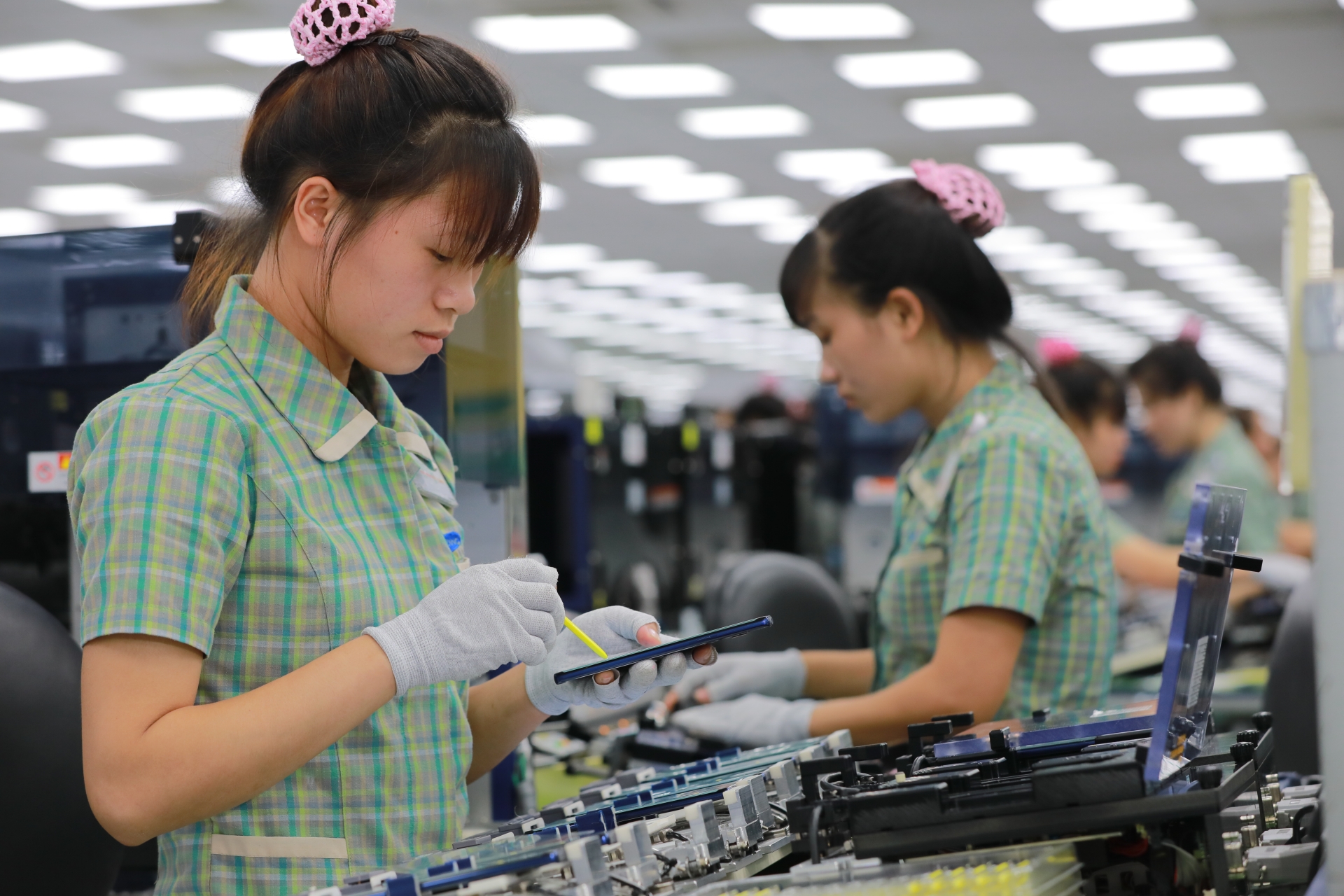
Diversifying imports, exports
At the fourth session of the Vietnam-Saudi Arabia Joint Committee on Economic, Scientific and Technological Cooperation which was held online recently, the Vietnamese MoIT and the Saudi Arabian Ministry of Economy and Planning discussed measures to resolve difficulties facing bilateral trade. Specifically, the Saudi Arabian side was asked to expand the list of Vietnamese companies allowed to export seafood to this market, looking towards complete lifting of the temporary band on seafood imports from Vietnam.
The two countries will also work to create a favorable legal framework for bilateral trade and investment. Imports and exports will be diversified according to actual demand and advantages of each side. Vietnam will increase the export of processed food, agro-forestry-fishery products and construction materials, and the import of oil and gas from Saudi Arabia.
At the session, Vietnamese Deputy Minister of Industry and Trade Cao Quoc Hung expressed his wish for Saudi Arabia to offer a gateway for Vietnamese products to the Middle East market. He said Vietnam encourages Saudi Arabian investment in fields such as energy, electricity, oil and gas, chemicals, textiles and garments, food processing, infrastructure construction, civil engineering, industrial and agricultural production.
The two sides also agreed to boost cooperation in national defense and security, labor, healthcare, education, culture, tourism, agriculture, industry, information and communications.
Deputy Minister Hung believes these specific orientations will contribute to multifaceted cooperation between Vietnam and Saudi Arabia and bringing the bilateral relationship to new highs.

